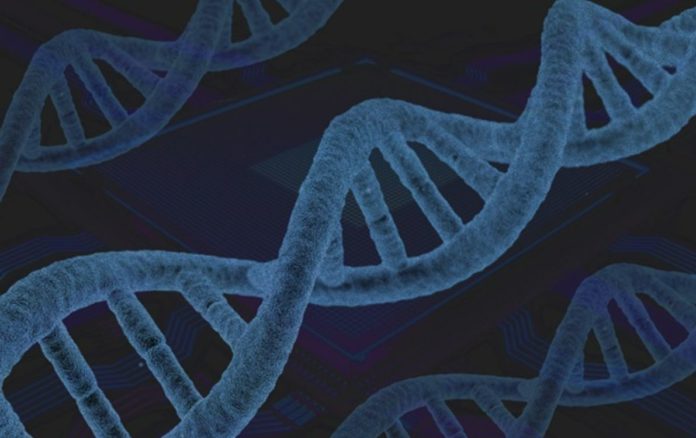Scientists studied genes that were thought to be non-coding RNA and found that they are involved in protein synthesis for cancer cells.
Geneticists from the United States have discovered several hundred previously unknown genes in the least studied parts of the human genome, 50 of which produce proteins involved in the development of cancer cells.
The research results were published in the journal Nature Biotechnology.
At the moment, about 20 thousand genes have been identified in the human genome. Previously, scientists assumed the existence of more than one hundred thousand genes coding for proteins, but further research showed that most of them are likely to produce non-coding RNAs.
The NeXtProt project database contains approximately 17,600 protein-coding genes confirmed by mass spectrometry and approximately 2,100 unconfirmed ones.
At the same time, there is growing evidence that protein synthesis takes place in genes that are considered non-coding RNAs. Until now, it was not known whether the proteins arising from such translation are biologically functional.
- Brief Anger Hampers Blood Vessel Function Leading to Increased Risk of Heart Disease and Stroke – New Study
- New Blood Test Pinpoints Future Stroke Risk – Study Identifies Inflammatory Molecules as Key Biomarker
- Enceladus: A Potential Haven for Extraterrestrial Life in its Hidden Ocean Depths
- New Experiment: Dark Matter Is Not As ‘DARK’ As All We Think
- Scientists in Fear of This New Predator From Red Sea Eating Native Species in Mediterranean
Researchers from the Broad Institute at Harvard University and the Massachusetts Institute of Technology, which implements the Human Genome project, experimentally tested 553 candidate genes, which were considered open reading frames (ORF) – sequences of nucleotides in long non-coding RNAs.
Experiments have shown that 57 ORF encoded proteins that promote the development of cancer cells.
In particular, ORF G029442 encodes glycine-rich extracellular protein-1 (GREP1), which has an increased content of the oncogenic cytokine GDF15 and is highly expressed in breast cancer.
Blocking it with a special inhibitor mitigated the effect of the development of cancer cells.
The study authors emphasized that proteins expressed by non-canonical ORFs could be potential targets for the development of new cancer treatments.
Previously, scientists have discovered in the human body “ancient” DNA fragments that are capable of activating the immune response and killing cancer cells like a common infection.
